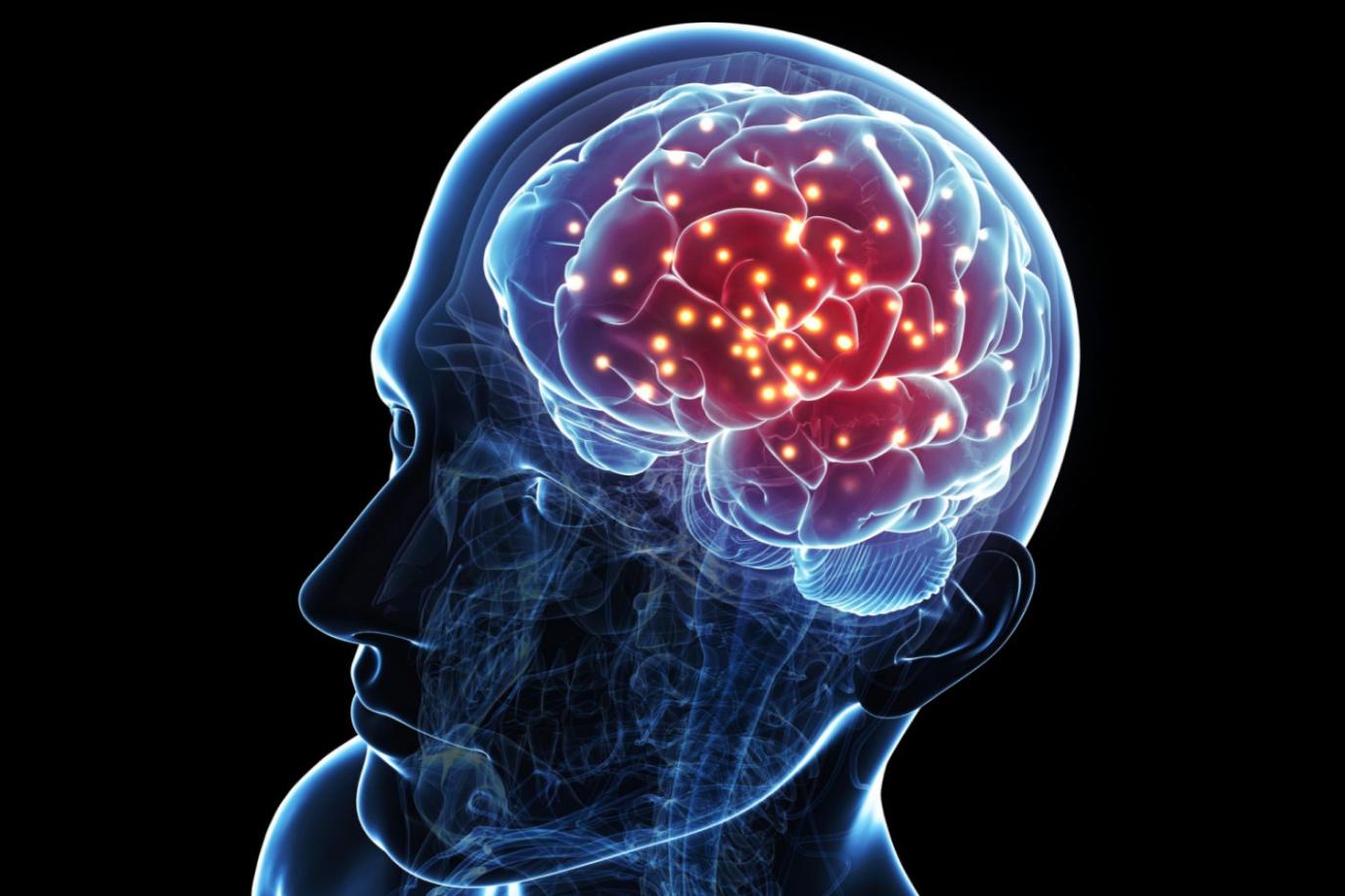The Impact of Meditation on Brain Function: Can Mindfulness Practices Enhance Cognitive Abilities?
Meditation, a practice with ancient roots, has gained significant attention in recent times for its potential benefits on mental and physical well-being. This article aims to explore the impact of meditation on brain function and cognitive abilities, shedding light on the growing interest in mindfulness-based interventions and their potential to enhance cognitive performance.

The Neurobiology Of Meditation
Brain Regions Involved In Meditation:
- Prefrontal Cortex: Associated with attention, decision-making, and executive function. Meditation has been shown to increase activity in this region, leading to improved cognitive control.
- Amygdala: Involved in emotional processing and fear responses. Meditation practices have been found to reduce activity in the amygdala, promoting emotional regulation and stress reduction.
- Hippocampus: Crucial for memory formation and consolidation. Meditation has been linked to increased hippocampal volume and improved memory performance.
Neurochemical Changes:
- Serotonin: A neurotransmitter involved in mood, sleep, and appetite. Meditation has been shown to increase serotonin levels, contributing to improved mood and well-being.
- Dopamine: Associated with motivation, reward, and attention. Meditation practices have been found to modulate dopamine levels, enhancing attentional focus and motivation.
- Gamma-aminobutyric Acid (GABA): A neurotransmitter that promotes relaxation and reduces anxiety. Meditation has been linked to increased GABA levels, leading to reduced stress and improved emotional regulation.
Neuroplasticity And Structural Changes:
- Neuroplasticity: Meditation has been shown to influence neuroplasticity, the brain's ability to change and adapt. Regular meditation practices can promote the formation of new neural connections and strengthen existing ones.
- Structural Changes: Meditation has been associated with structural changes in the brain, including increased gray matter volume in regions involved in attention, memory, and emotional regulation.
Cognitive Effects Of Meditation
Attention And Focus:
- Meditation practices have been found to improve attentional control, focus, and sustained attention. This is likely due to the increased activity in the prefrontal cortex, a brain region associated with attentional processes.
- Studies have shown that regular meditation can enhance attentional performance on various tasks, such as sustained attention tasks and working memory tasks.
Memory And Learning:
- Meditation has been shown to positively impact memory consolidation and encoding, the processes by which memories are formed and stored in the brain.
- Research findings suggest that individuals who practice meditation regularly exhibit enhanced memory performance, including improved recall and recognition.
Emotional Regulation And Stress Reduction:
- Meditation practices have been found to promote emotional regulation, reduce stress, and enhance emotional well-being.
- Studies have demonstrated the effectiveness of meditation in reducing anxiety, depression, and stress levels in various populations.
Creativity And Problem-Solving:
- Meditation has been linked to enhanced creativity and problem-solving abilities.
- Research suggests that meditation can foster divergent thinking, the ability to generate multiple solutions to a problem, and innovative approaches to problem-solving.
Practical Applications And Limitations
Mindfulness-Based Interventions:
- Mindfulness-based interventions (MBIs) are structured programs that incorporate meditation practices to promote mindfulness, awareness, and well-being.
- MBIs have been successfully implemented in various settings, including healthcare, education, and the workplace, with positive outcomes on mental health, stress reduction, and cognitive performance.
Limitations And Future Research:
- While research on the impact of meditation on brain function and cognitive abilities is growing, there are limitations to existing studies.
- Further research with rigorous designs and longitudinal studies are needed to establish causal relationships and explore the mechanisms underlying the effects of meditation.
Meditation practices have been shown to positively impact brain function and cognitive abilities. Through its effects on brain regions, neurotransmitters, and neuroplasticity, meditation can enhance attention, memory, emotional regulation, creativity, and problem-solving skills. Mindfulness-based interventions have demonstrated promising outcomes in various settings, highlighting the practical applications of meditation in promoting mental well-being and cognitive performance. Future research will further elucidate the mechanisms underlying the effects of meditation and contribute to the development of more effective meditation-based interventions.
YesNo

Leave a Reply